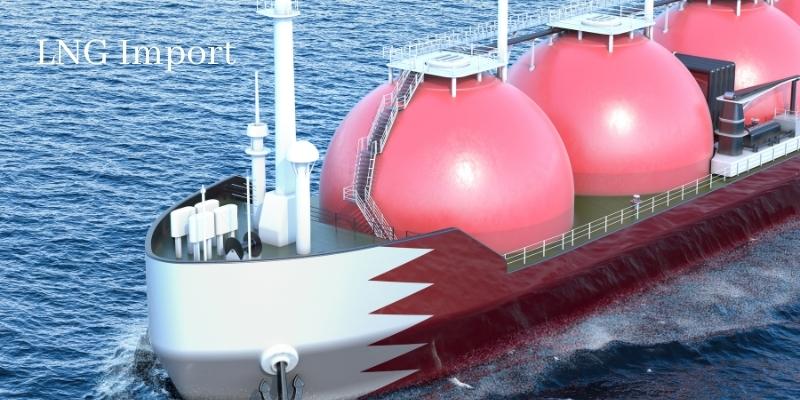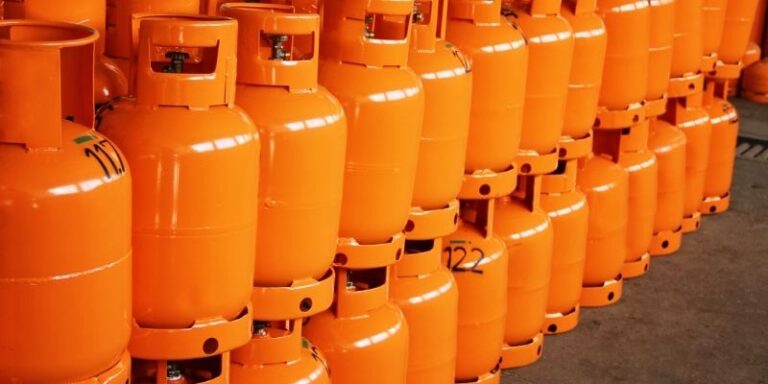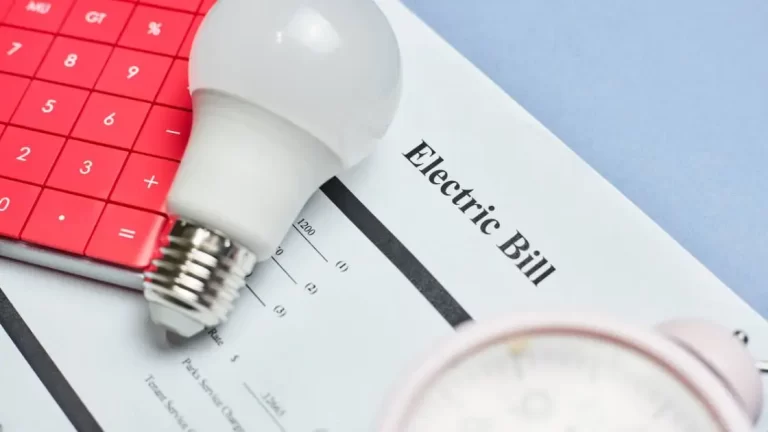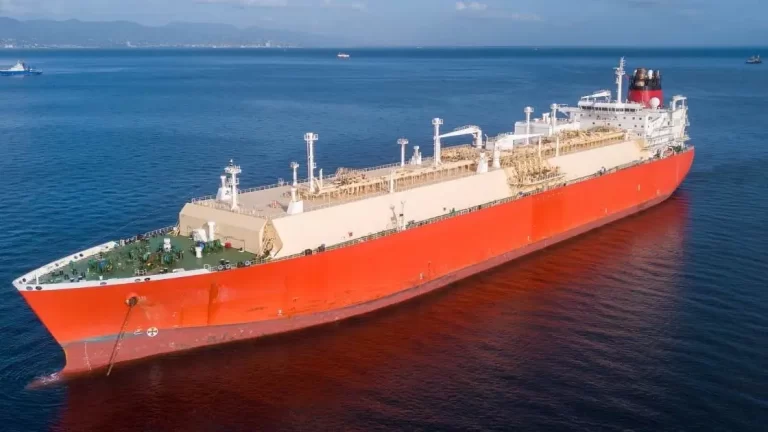LNG Prices Up 10 % in December 2023
Staff Report
The LNG prices in December 2023 are up 10.11 % for December 2023 to put an additional burden on the consumers.
The Oil and Gas Regulatory Authority (OGRA) on Friday announced an increase in the price of RLNG by up to 10.11 percent for December 2023 compared to the previous month of November.
According to the notification, OGRA states, “The increase in RLNG prices is due to the increase in DES price.”
The new prices will be applied with retrospective effect from December 1, 2023. The new price of RLNG will be $15.4524 per MMBtu, up from $14.0337 per MMBtu, an increase of $1.4187 per MMBtu.
This price will apply to consumers on the Sui Southern Gas Company (SSGC) system, including Punjab, KP, Azad Kashmir, and other areas.
In the transmission stage, OGRA has allowed SSGC to charge $13.2640 per MMBtu for December, which is an increase from $12.0477 per MMBtu or $1.2163 per MMBtu on a month-to-month basis.
For consumers of Sui Northern Gas Pipeline Limited (SNGPL), the new price for RLNG has been fixed at $14.8118 per MMBtu, compared with $13.4930 per MMBtu. In other words, there’s a $1.3188 per MMBtu or 9.77 percent increase.
The regulator has calculated the cost of RLNG based on eleven RLNG cargoes received in December under long-term and spot purchase agreements.
In its petition to OGRA, SNGPL sought an increase in the security deposit for RLNG consumers to Rs 50,000, up from the current Rs 15,000, for those using over 1.67 cubic meters of gas per month in the current fiscal year.
Pakistan State Oil (PSO) imports LNG from Qatar on a government-to-government basis, while Pakistan LNG Limited (PLL) also imports LNG. LNG Prices for SSGC consumers up, down for SNGPL
The use of LNG in the domestic sector during the winter seasons has led to an increase in the circular debt of PSO.
The receivables of PSO from SNGPL have been increasing rapidly and have crossed Rs 500 billion due to nonpayment of dues for LNG supplies.
The private sector has been struggling to gain permission to import LNG, but state-owned companies have maintained their monopoly, preventing the private sector from importing a single ship of LNG.








